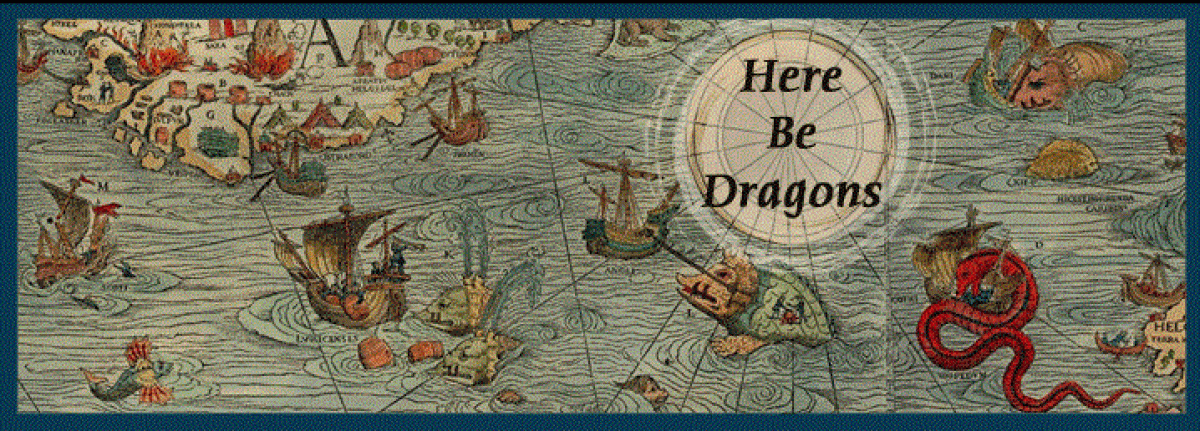
As you know 2016 marks the 400th anniversary of Shakespeare’s death. What we don’t know is the exact cause his untimely death. The man was 52 years old and from all accounts seemed to be in good health. Yes, he did retired early, but given that he was a wealthy man this shouldn’t be all that surprising. Perhaps he was burned out; London or the stage’s allure may have finally run thin. The quiet country life he escaped from as a young man may all of a sudden seem like the ideal place to escape to.
Shakespeare’s cause of death remains a mystery. What little factual information we have of his death comes from an entry in the diary of John Ward, the vicar of Holy Trinity Church in Stratford (where Shakespeare is buried). In the diary, Ward notes that “Shakespeare, Drayton, and Ben Jonson had a merry meeting and it seems drank too hard, for Shakespeare died of a fever there contracted.”
We know people just don’t catch fevers from drinking, unless the drinks in question contain some type of infectious bacteria, and given the hygienic practices of the day, this could be a possibility. Yet we know that Shakespeare amended his will only a month before his death. Is it possible Shakespeare knew he was dying?
Like with so many other “Shakespeare mystery’s” some scholars think that yes, not only did he know he was dying, they go on to suggest this is why he retired early and amended his will. We will get into another possible reason for this sudden change in a moment.
But first, let’s look at some other possibilities for his early death, or as some might say, death conspiracies.
Shakespeare’s own son –in- law John Hall is purported to claim:
I have formed the opinion that it was more likely than not in the nature of a cerebral hemorrhage or apoplexy that quickly deepened and soon became fatal. There are three reasons for this. Firstly, the hurried reconstruction and inter-lineated clauses of the Will not allowing time for it to be copied afresh before signature; Secondly, the earliest and clearest impressions of the Droeshout frontispiece of the First Folio show outstanding shadings, suggesting marked thickening of the left temporal artery– a sign of atheroma and arterio-sclerosis; and thirdly, such a termination is quite common in men who have undergone such continuous mental and physical strain over a prolonged period as our actor-manager-dramatist must have been subjected to throughout his, undoubtedly, strenuous career. Richard Burbage who daily shared the same theatrical life, himself died of such a seizure after twenty-four hours illness [in 1619]”
It has to be pointed out that of all people, Hall had the most to gain from a sudden death explanation. Hall was not only Shakespeare’s son-in-law; he was the family doctor. To note that the playwright’s sudden death was caused by “mental and physical” strain” may have been an attempt to absolve himself of his father-in-laws death. He may have been trying to deflect blame in order to save his own reputation.
As I said earlier, Shakespeare amended his will a month before his death. This fact has led some scholars to believe the man was in very poor health and at death’s door. They point to his “shaky” signature as proof of their claim. The problem with this is two fold. One; Shakespeare’s signature always appears shaky, and two; Shakespeare’s youngest daughter had just become engaged, causing Shakespeare to adjust what he felt she was owed and to include provisions for any future children she may have.

- a) From the 1612 Mountjoy suit deposition: Willm Shackper
b) From the 1612 Blackfriars Gatehouse deed: (William) Shakspear
c) From the 1612 Blackfriars mortgage: Wm Shakspea
d) From the 1615 will, page 1: William Shackspere
e) From the will, page 2: Shakspere
f) From the will, page 3: (by me William) Shakspear
Author Simon Andrew Sterling takes the prize for the most outlandish idea. In his 2013 book, “Who Killed Shakespeare”, Sterling not only suggests Shakespeare was murdered but was killed by Protestant spies, (Shakespeare being a closeted Catholic) “in order to curry favor with the court”. Sterling seems to have forgotten that Shakespeare’s theater group was called “The Kings Men” because he loved their plays, so killing the King’s favorite author would not be the best way to curry his favor.
Life in 17th century was surrounded by death. Despite the myth that 17th century life was short, the fact is, it was possible to live a long life, if you were lucky. Death could come in many forms: war; disease; (the plague broke out twice in Shakespeare’s life time) poverty; bad hygiene; and religious persecution just to name a few. Yet despite all of this, we know from records that wealthy people with access to a proper diet did live to see old age. So this again makes us wonder, just what did Shakespeare die of? Was it cancer, tuberculosis or god forbid, syphilis?
Let’s take one more look at the diary of John Ward. At first glance his words may sound silly, but records from 1616, the year of Shakespeare’s death, inform us that a new strain of typhus was spreading across England. The name of this mortal infection? The new fever. So yes, Shakespeare may have died of a fever after all.
Works referenced
C. Martin Mitchell,The Shakespeare Circle
Politicworm. Shakespeare Authorship
Shakespeare Birthplace Trust
Shakespeare-Online
Simon Andrew Sterling, Who Killed Shakespeare?

Reblogged this on http://www.seanmunger.com and commented:
This month (April 2016) is the 400th anniversary of William Shakespeare’s death. In this interesting article on The View from Sari’s World blog, Sari delves into the circumstances of the Bard’s demise, about which we know surprisingly little, historically. Scholars and historians have been working over Shakespeare-related riddles for centuries but I admit I hadn’t heard much about this one. Quite interesting!
LikeLiked by 2 people
Fascinating!
LikeLike